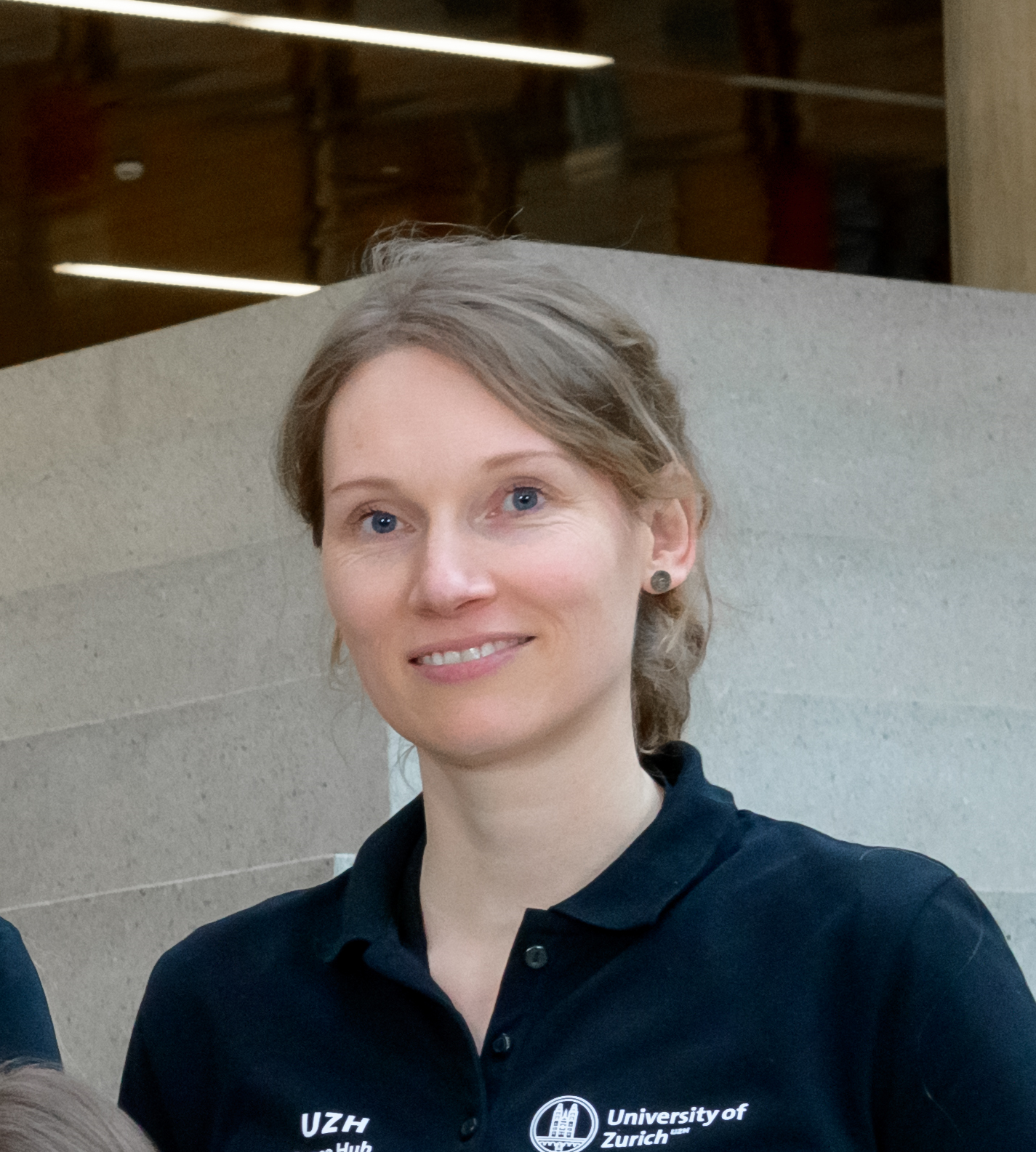- climate change prevention
- clean transport and mobility
About
Mobility
THE DSI COMMUNITY MOBILITY
The work of the group is related to mobility that is affected by changes due to an increasing digitalization. Thereby, mobility themes include but are not limited to: human mobility, navigation, autonomous vehicles, smart cities, drones, space mobility, etc. The group meets at regular intervals and with its work aims to address three Grand Societal Challenges, namely:
- the preservation and regain of individuals’ physical mobility
- the physical and psychological well-being of citizens
- making mobility accessible and affordable for the handicapped and elderly
- connecting suburban areas and mountain villages
Community facts
20
Projects
49
Members
THE DIGITAL SOCIETY INITIATIVE (DSI)
What questions about digitalization are on your mind? And how has your life changed with the digital transformation? Digitalization is presenting society and science with new challenges. It is taking hold of a large part of our lives at an ever faster pace.
The Digital Society Initiative (DSI) shapes the digital transformation of society and science. With interdisciplinary activities in research, education and outreach, the DSI is the University of Zurich’s (UZH) competence center on digital transformation.
The DSI is a scientific institution supported by all faculties of the UZH, which promotes independent scientific reflection and innovation on questions of digital transformation. It prepares UZH students to help shape the digital transformation, engages in regular discourse with the public and supports policy-making on digital transformation issues.
Develop solutions
Communication
Networking
Framework of Research
Our framework intends to reflect and categorize the research of the DSI Community Mobility which ranges:
- from the human or individual level, with, for example, the use of digital technologies to rapidly and fully regain a person’s mobility that has been lost due to an injury, or with questions related to neuro‐rehabilitation where patients use wearable sensors
- to the group or societal level where researchers work, for example, on the topics related to mobility in (smart) cities and seek to understand how mobility in urban areas is affected by digitalization
- all the way to the mobility of autonomous systems with, for example, the development of smart algorithms that allow drones or cars to navigate autonomously without GPS by just using cameras or questions related to movements of space exploration.
Accordingly, the framework rests on three application‐oriented pillars. They bundle various kinds of UZH research that contributes to enabling or enhancing the mobility of humans or objects, or that reflects developments or problems related to the increasing digitalization of mobility.
Each pillar is supported by three discipline‐oriented layers. The first layer captures physiological and cognitive issues that are related to mobility and that can be solved or studied with the help of digital technologies. The technology layer is associated with novel technological developments that enable new and/or sustainable mobility. The third layer pertains to studies by researchers in the social sciences, law, and humanities that seek to understand and reflect on the increasing digitalization of the various areas of mobility.
Know more about our work.
The projects from our community mobility themes include but are not limited to: human mobility, navigation, autonomous vehicles, smart cities, drones, space mobility, etc.
Membership in the DSI Community Mobility is open to researchers affiliated with a Swiss university. For other individuals, membership is conditional on an ongoing cooperation with the DSI Community. To become a member of a DSI Community, membership in the DSI Network is required. Please follow this link.










